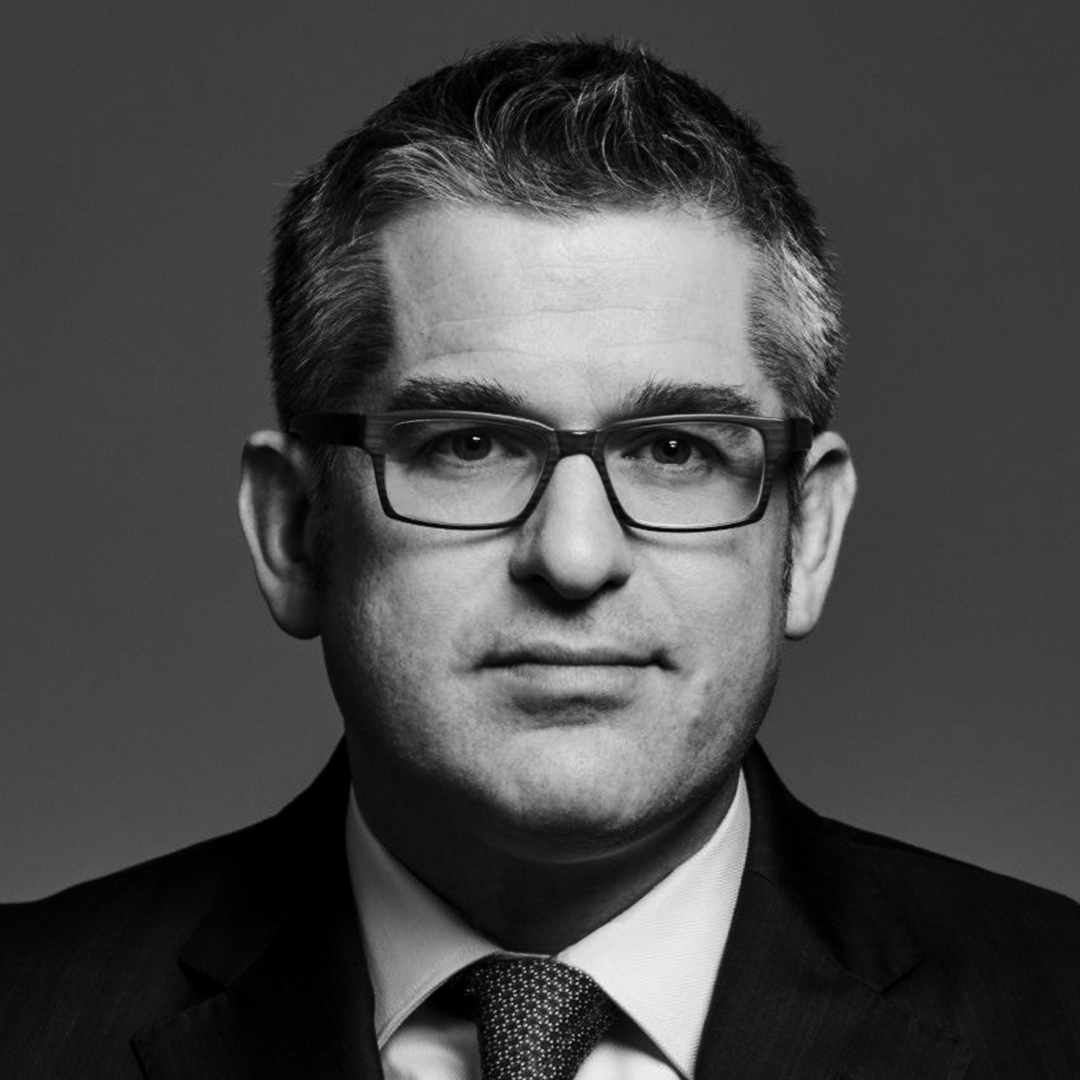Rohringer v. RCDSO: revisiting the test for interim orders against health professionals
Effective May 30, 2017, professional regulators under the Regulated Health Professions Act received a new power to temporarily restrict or suspend the licence of a health professional during the course of an investigation into allegations of misconduct or incompetence. Previously, regulators could impose such measures only after the conclusion of an investigation and commencement of a Discipline Committee proceeding. This raises the question, what is the appropriate threshold of risk that must be established in order to suspend or restrict the licence of a professional whose case is still under investigation? What evidence is required? What reasons must be given in order to justify such an order? These questions are considered in the recent decision of Rohringer v Royal College of Dental Surgeons of Ontario 2017 ONSC 6656.
A dentist (“Dr. R”) practicing in Ontario was charged in Florida with indecently exposing himself to underage girls. This news made its way back to Ontario, and the Royal College of Dental Surgeons began an investigation into Dr. R’s dental practice. The investigators interviewed two of Dr. R’s colleagues, 19 staff members, and two former staff members. They also collected various documents related to the Florida charges.
After just over six months of investigation, the College’s Inquiries, Complaints and Reports Committee informed Dr. R that it intended to suspend his certificate of registration on an interim basis pursuant to its new power under s. 25.4 of the Health Professions Procedural Code, which is Schedule B to the RHPA. The Committee ultimately rendered a decision, with written reasons, suspending Dr. R’s certificate of registration. The Committee’s reasons focused on two key facts: i) Dr. R had confessed to the Florida conduct while in police custody, and ii) Dr. R’s staff contended in their interviews with the College that Dr. R had a history of inappropriate comments, jokes, and possibly touching. The Committee concluded that Dr. R’s “conduct demonstrates a lack of control and/or judgement as to what constitutes appropriate behaviour, which puts his patients at risk of exposure to boundary violations of a sexual nature and/or sexual abuse.”
Dr. R sought judicial review of the interim suspension, and the Divisional Court agreed to hear his application on an urgent basis before a single judge. Justice Spies heard the case and decided to quash the Committee’s interim suspension.
The problems for the College started with the Committee’s approach to the threshold of risk required for the imposition of an interim order under s. 25.4. In its decision, the Committee had concluded that “patients are at risk of exposure to boundary violations of a sexual nature and/or sexual abuse.” In quashing the interim suspension, Justice Spies clarified that “risk of harm does not equate to a finding that Dr. Rohinger’s conduct is likely to expose his patients to harm or injury.” A mere possibility of harm is insufficient to justify the use of this statutory power.
Justice Spies then examined the evidentiary basis for the Committee’s decision and found it wanting, stating that “[t]he ICRC’s decision to issue the Interim Order must be based on more than mere speculation from the Florida Charges and his inappropriate jokes. In this case, it was not based on any evidence of probable or likely harm to [Dr. R’s] patients.” On the contrary, a forensic psychiatrist had examined Dr. R’s case and opined that “I do not see [Dr. R] as posing any risk to his patients in his workplace.” The College had not obtained any expert evidence to rebut this opinion. Justice Spies concluded that the Committee “does not have the necessary expertise or an expert opinion to find that [Dr. R’s] conduct … that forms the basis of the Florida Charges is likely to lead to conduct that exposes his patients to harm or injury.”
In addition, Justice Spies held that the Committee placed undue emphasis on a historical complaint, dating back to 1994, in which a former co-worker had alleged an intimate relationship with Dr. R. The Committee had concluded that this historical complaint “heightens the panel’s concerns that [Dr. R’s] conduct exposes, or is likely to expose his patients to harm or injury.” Justice Spies rejected this reasoning, stating “I agree with the submissions of the Applicant that it was unreasonable for the [Committee] to rely on this dated decision. Instead, the [Committee] should have considered the fact that despite being in practice for 32 years, [Dr. R] has no prior disciplinary history with the College and has never been found to have acted improperly towards any patient in his practice.”
Justice Spies identified yet another ground for quashing the interim suspension in the inadequacy of the Committee’s reasons for decision. Dr. R had provided the Committee with the above-referenced psychiatric report, as well as a voluntary undertaking to have monitoring for all patient interactions for the duration of the investigation. However, neither of these submissions were acknowledged in the Committee’s decision, nor were any reasons given for disregarding these submissions. Justice Spies found that “[t]he ICRC had a duty to give some reasons to explain why it was not persuaded by the . . . Report and the offer of the Monitoring Term.” She concluded that this failure was “reason alone” to quash the interim suspension.
Justice Spies’ decision in Rohringer provides valuable guidance for regulators, health professionals, and their counsel on the correct approach to interim orders under s. 25.4 of the Code. In exercising this power, a regulator must establish evidence that the member’s conduct is likely to expose patients to harm, and it must appropriately consider all of the relevant evidence in making such a decision.
With notes from Graham Henry.
